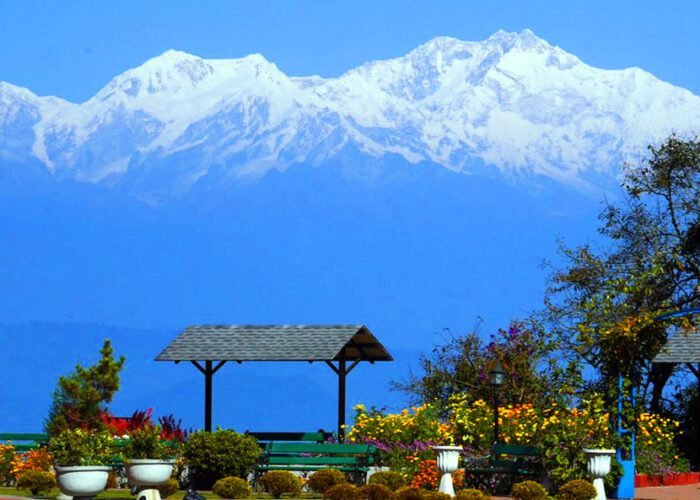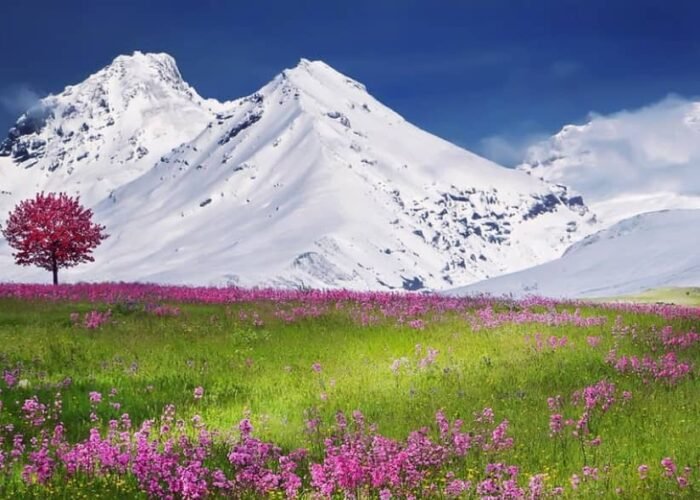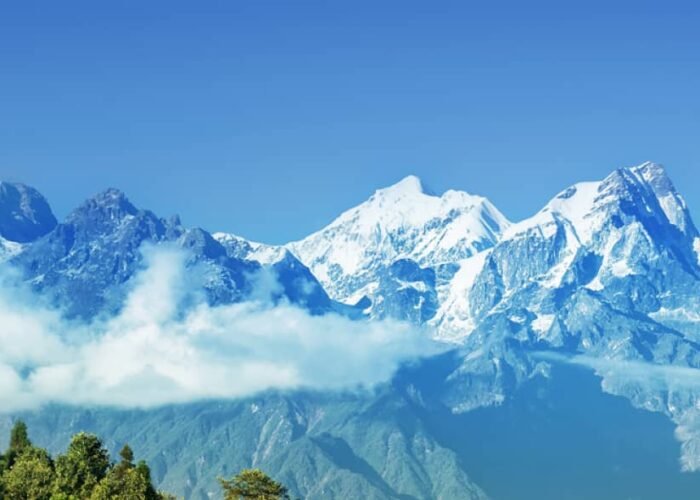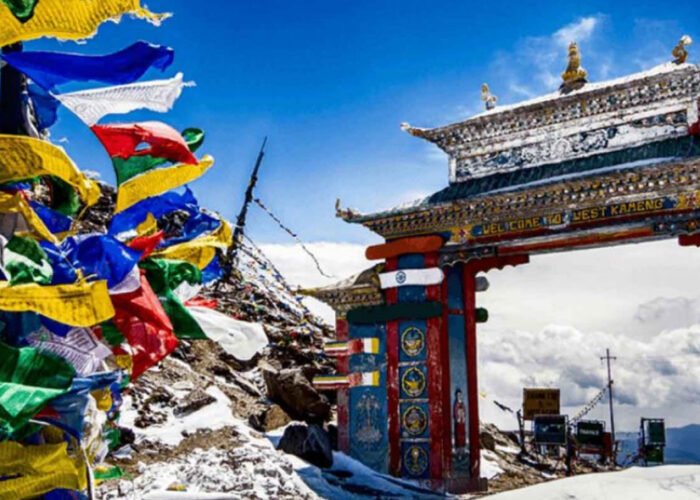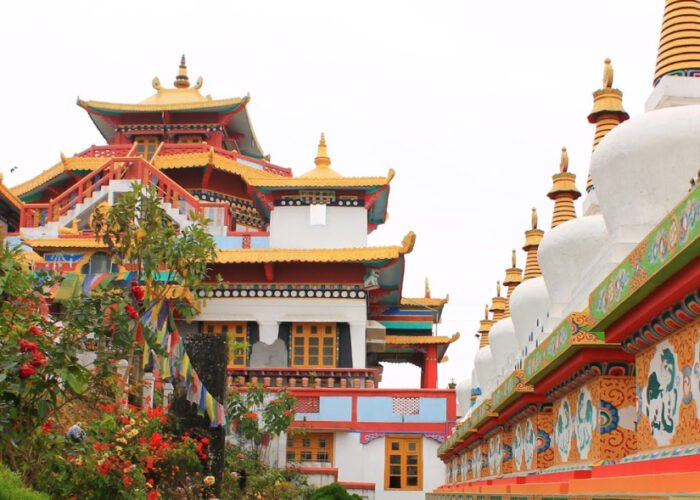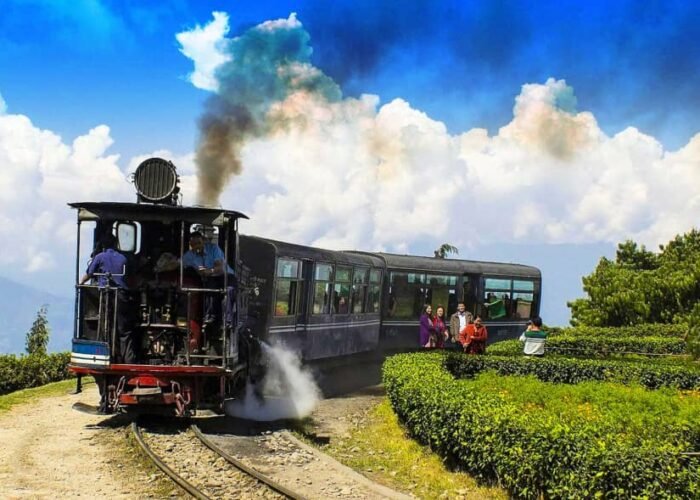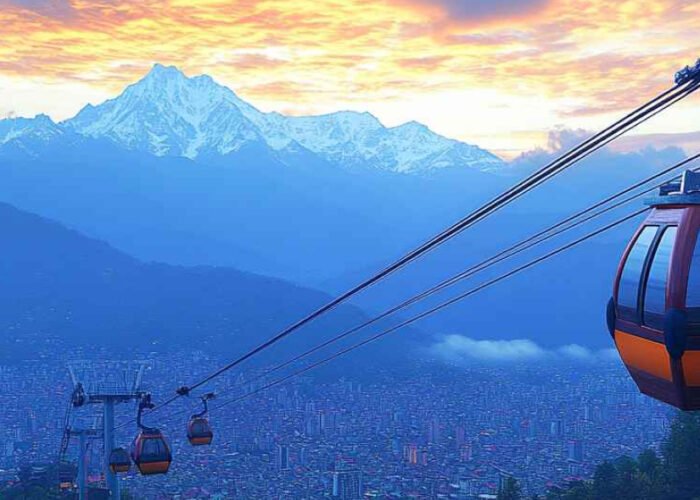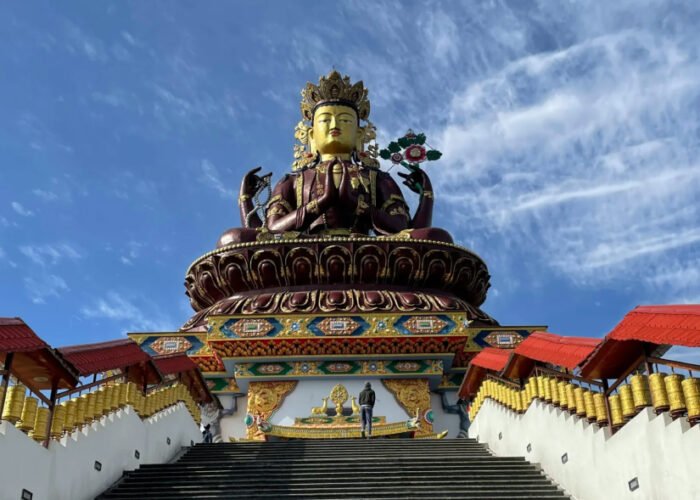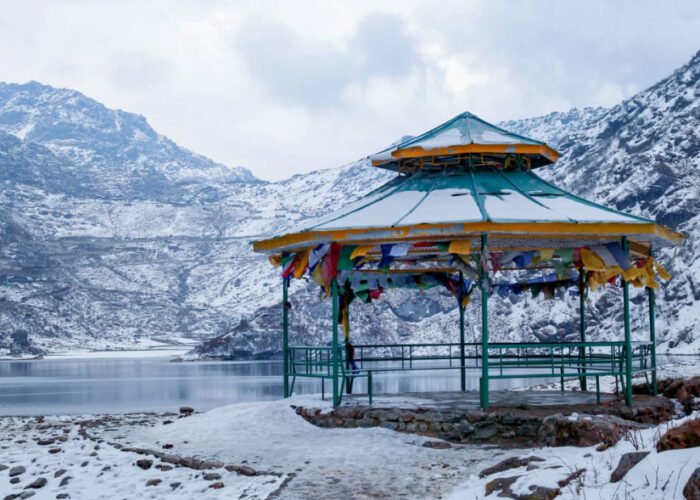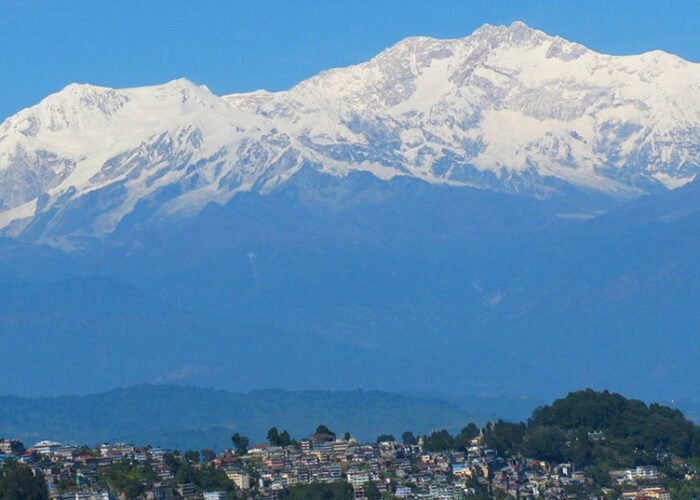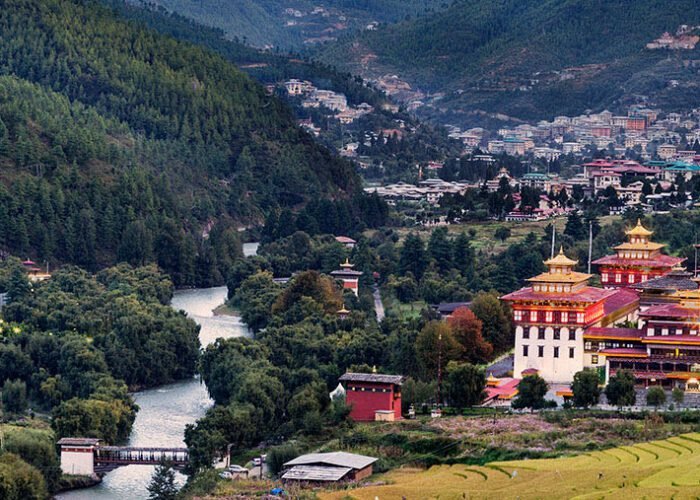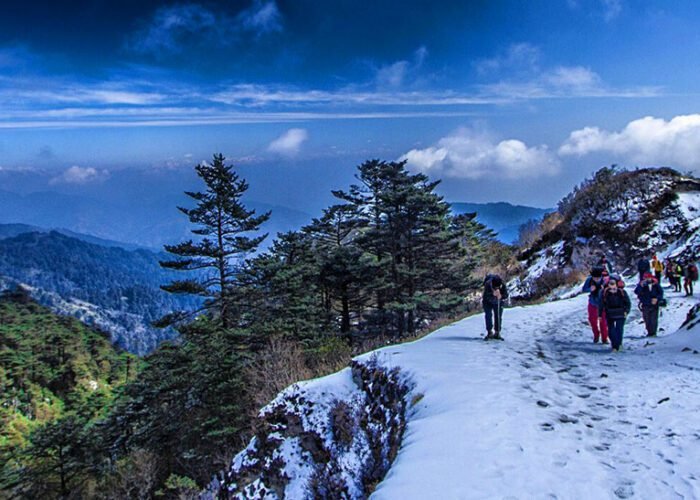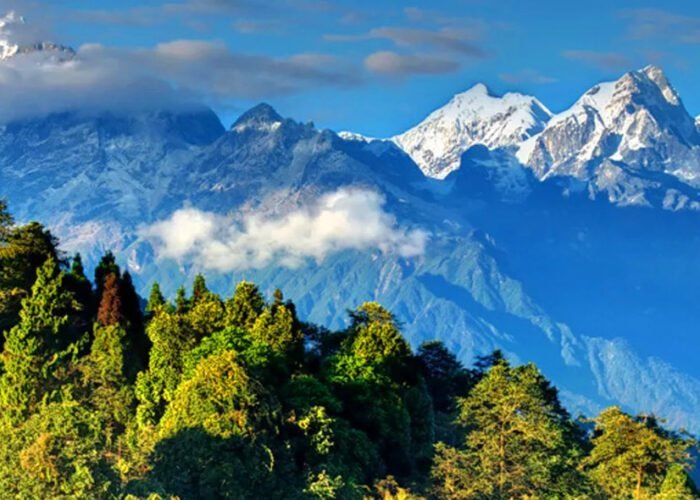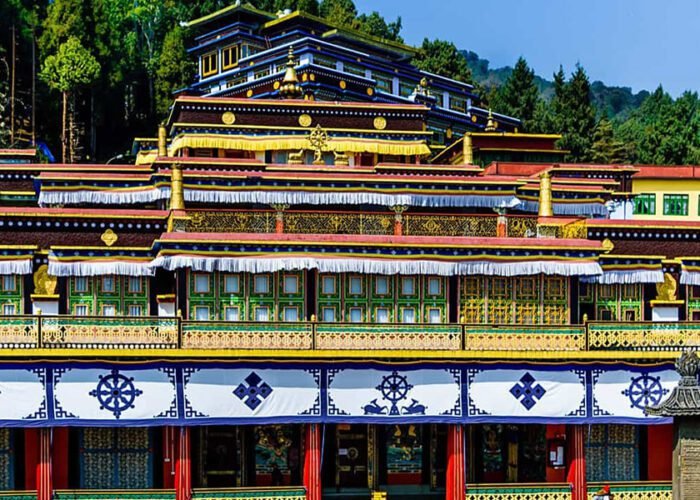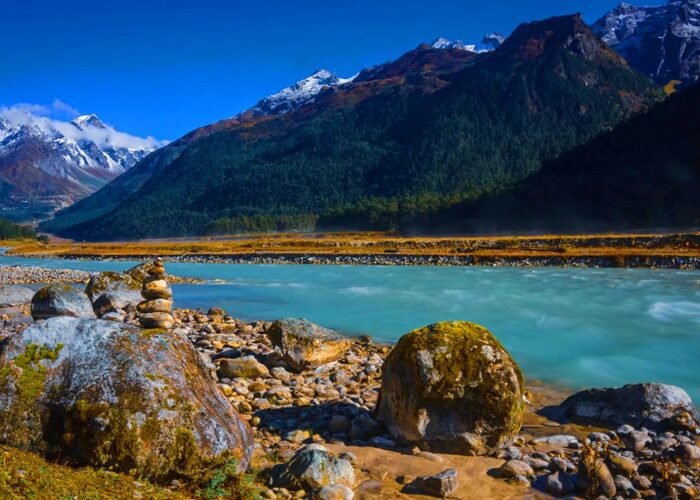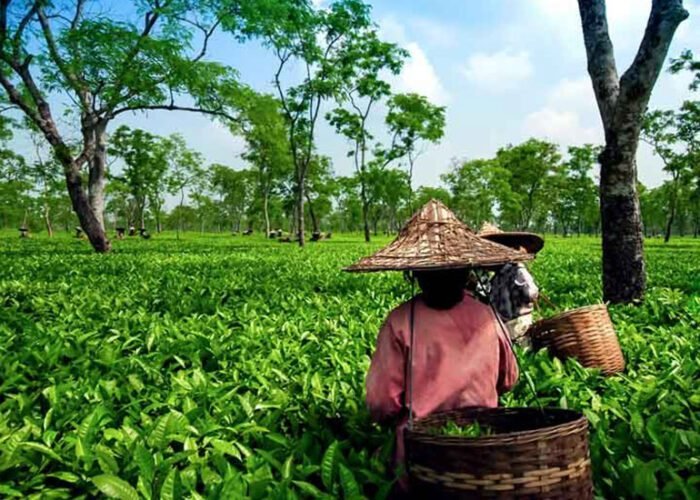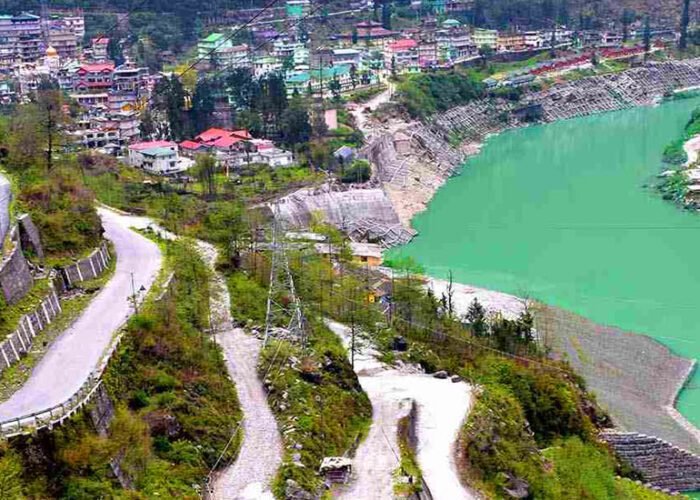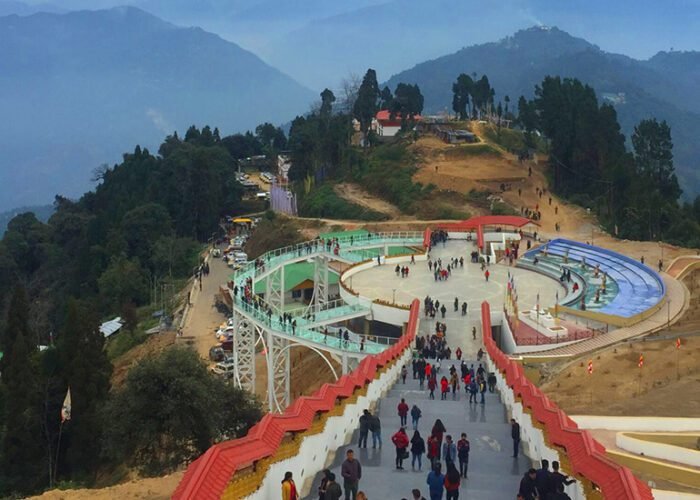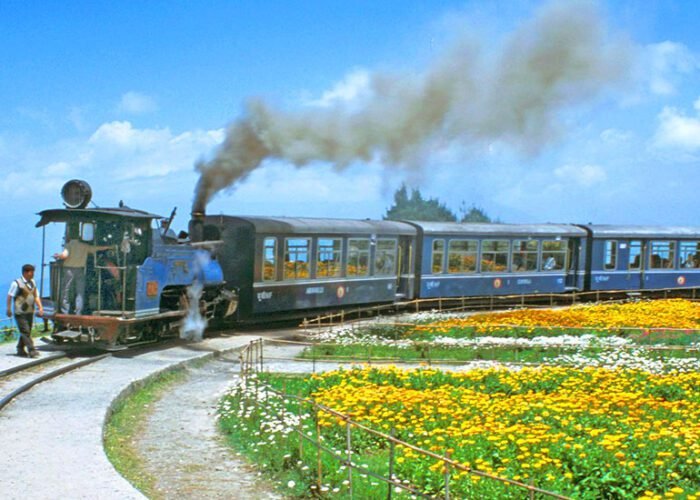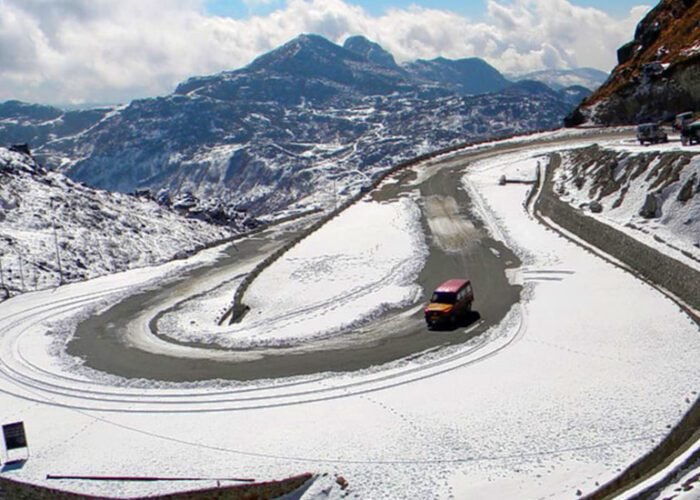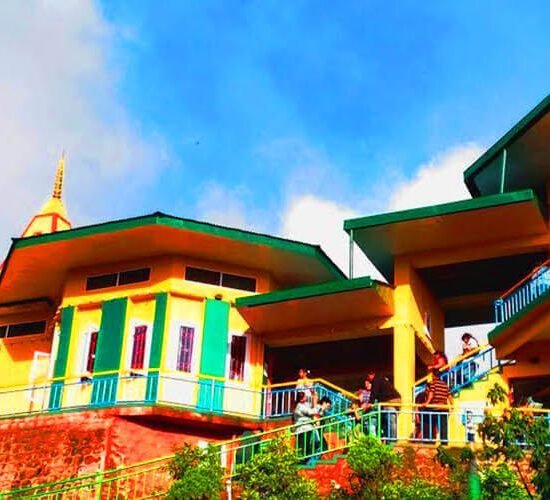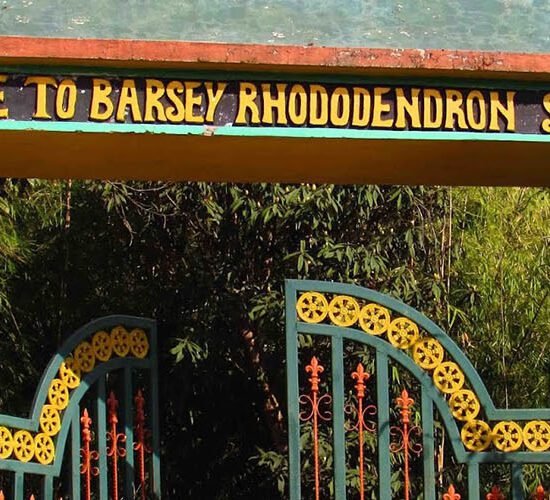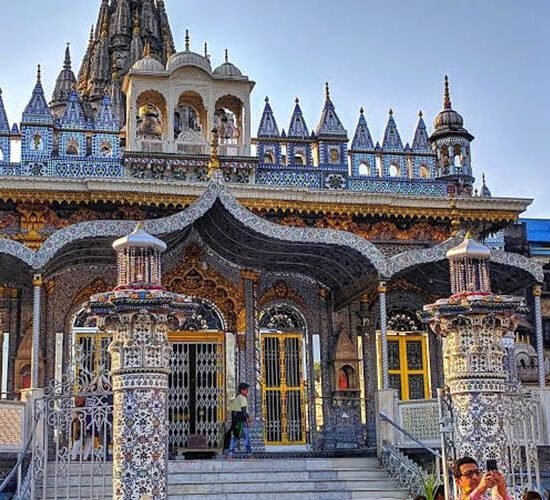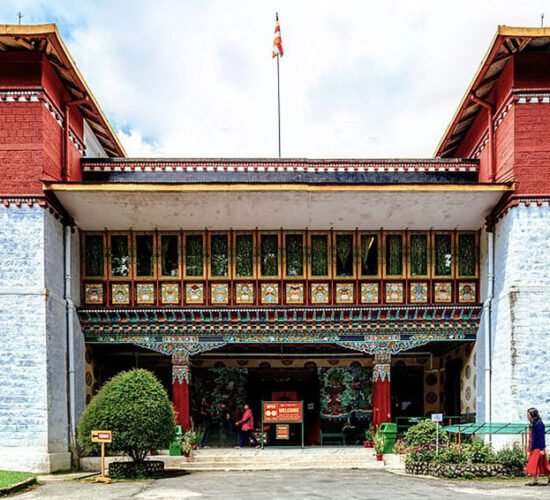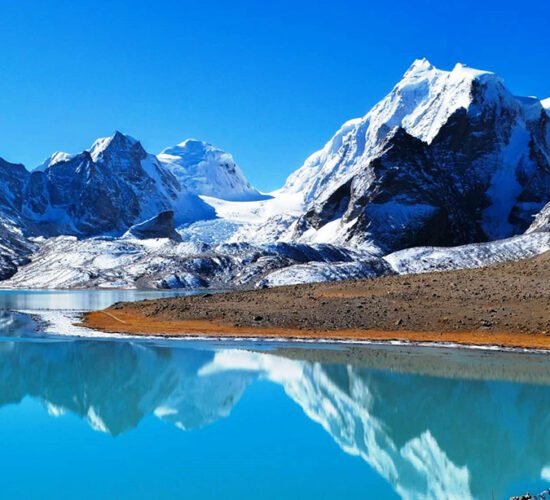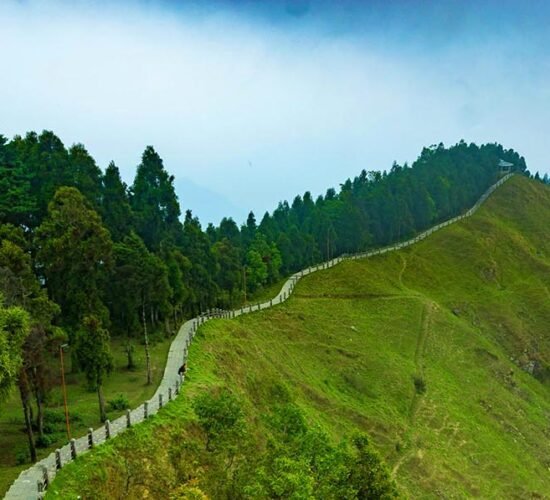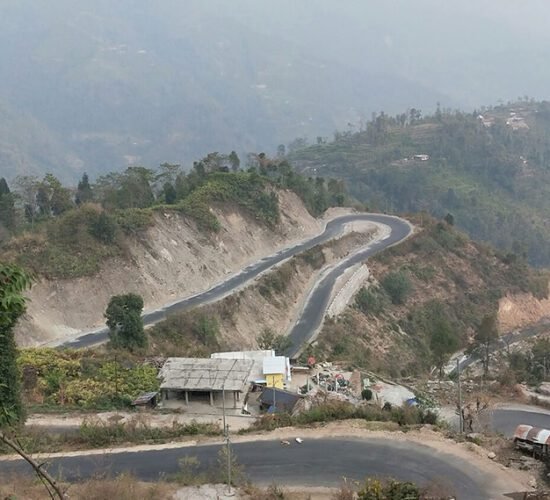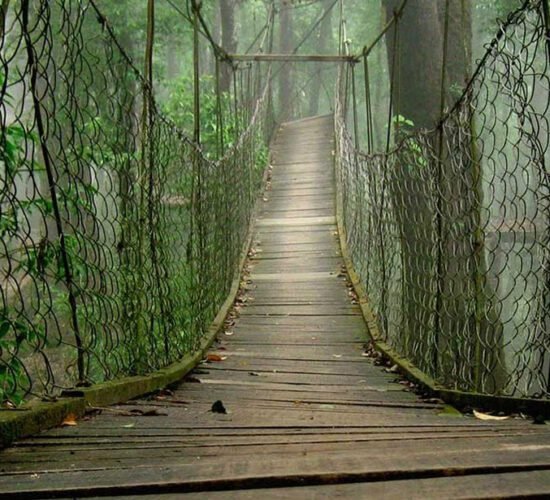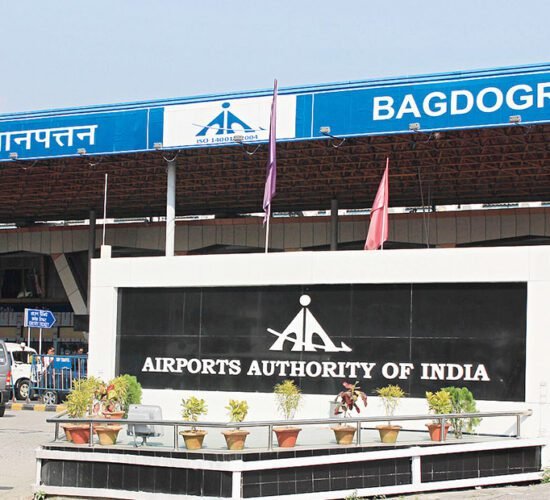info@sikkimtourism.org| 0 98110 66496 / 0 98100 66496
- Home
- Sikkim Tour Packages
- Sikkim Tour Packages
- Sikkim Tours by Duration
- Sikkim LTC Tour Packages
- Sikkim Family Tour Packages
- Sikkim Family By Duration
- 3 Nights 4 Days Sikkim Darjeeling Family Package
- 3 Nights 4 Days Sikkim Family Package
- 4 Nights 5 Days Gangtok & North Sikkim Family Tour
- 4 Nights 5 Days Gangtok Lachung Family Package
- 5 Nights 6 Days Sikkim Family Package Gangtok Lachen Lachung
- 5 Nights 6 Days Sikkim Family Tour Package (Gangtok – Pelling)
- 6 Nights 7 Days Gangtok Pelling Darjeeling Family Tour Package
- 6 Nights 7 Days Gangtok Lachen Lachung Family Tour Package
- 7 Nights 8 Day Gangtok North Sikkim Darjeeling Family Tour Package
- 8 Nights 9 Days Sikkim Darjeeling Kalimpong Family Tour Package
- 9 Nights 10 Days Darjeeling North Sikkim Pelling Family Tour Package
- North Sikkim Tour Packages
- Sikkim Honeymoon Packages
- Travel Guide



